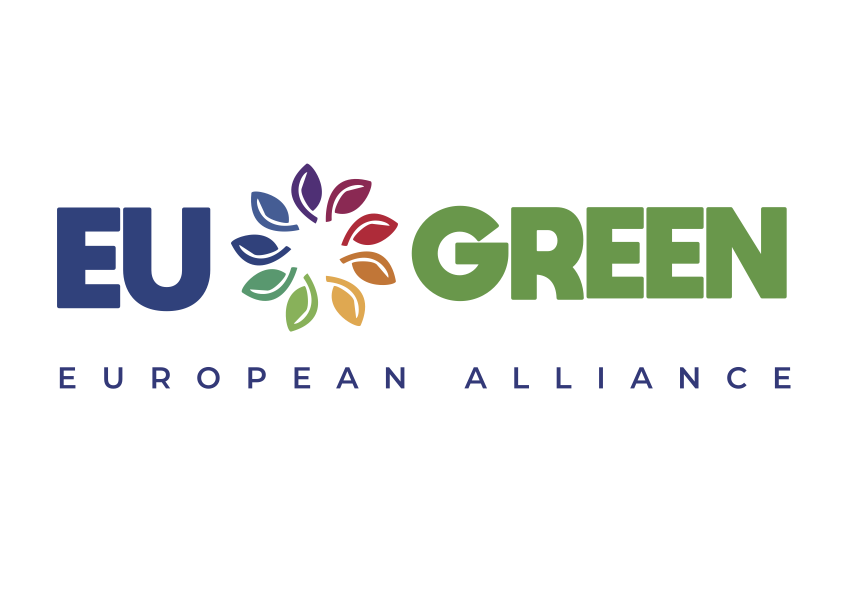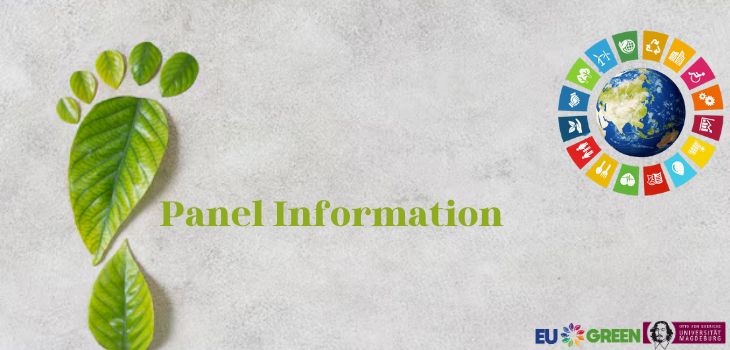Different academic disciplines interpret sustainability through unique lenses. Each discipline contributes to a broader understanding of sustainability, but their approaches often reflect their core concerns and values – environmental protection, economic growth, or social justice. Developing holistic, multidisciplinary solutions is a significant challenge. In this panel we invite papers that explore and address the challenges of developing inter, multi and trans disciplinary solutions, how these issues of interpretation can influence the measurement of sustainability and options and frameworks that are available to address these.
Contact person








